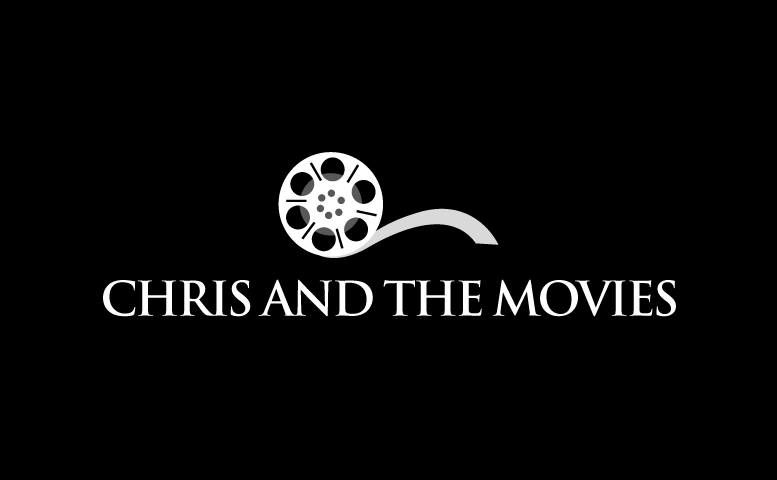 "Ferngully: The Last Rainforest" was released in an era of "Captain Planet" and "The Reading Rainbow," among other shows and films serving the dual purpose of entertaining and educating the generation soon-to-be-called the Millennials. "Ferngully" is, as the title suggests, an environmentally-themed movie, and yet despite the famous film's message, Generation Millennial seems to be stuck between not buying cars and overracting to the banning of DHMO. But enough about that. There's more to the movie than just the environment, as "Ferngully" serves as sort of a nostalgic trophy for the Millennials (and how could it not--it even has a song by Raffi.)
"Ferngully: The Last Rainforest" was released in an era of "Captain Planet" and "The Reading Rainbow," among other shows and films serving the dual purpose of entertaining and educating the generation soon-to-be-called the Millennials. "Ferngully" is, as the title suggests, an environmentally-themed movie, and yet despite the famous film's message, Generation Millennial seems to be stuck between not buying cars and overracting to the banning of DHMO. But enough about that. There's more to the movie than just the environment, as "Ferngully" serves as sort of a nostalgic trophy for the Millennials (and how could it not--it even has a song by Raffi.) Samantha Mathis provides the voice of Crysta, a fairy bored of the stories of humans destroying the last rainforest and instead desperately wanting to see an actual human (though the stories she is told say that humans no longer exist). Her wish finally comes true when she encounters humans; one of them is a young boy named Zak (Jonathan Ward), spray-painting away at the trees ready to be cut down. To save his life from a falling tree (which he helped cut), Crysta shrinks him, but now must make things right and send him back again. This being the case, it seems that the two of them fancy each other; even though he's a human and she's a fairy, he tries to teach her some of the great American slang the 80s and 90s added to our lexicon, such as "bodacious babe" (wasn't funny then; not funny now). The chemistry isn't going well, particularly because Zak is responsible for cutting down her home. But he's a city boy, and while it doesn't take him too long to comprehend the fact that he has been shrunk to the size of a bug and is talking to fairies, he has a harder time understanding the need to protect the environment. "How can you live without trees?" she asks him. That's a good question for all of us as we watch a movie like this. Reading Al Gore's groundbreaking "Earth in the Balance," one gets a sense of alarm, that humans should shake off their apathetic laziness and turn off the air conditioning, get rid of the car, and plant a tree. Except that book was written in 1992, the same year that "Ferngully" was released, and so his scenes of fishing boats forever trapped in a vast ocean of sand are only becoming more prevalent. (Incidentally, 1992 was also the year Gore was elected vice-president.)
With that in mind, some will say that this kind of environmental "propaganda" has no place for children. Perhaps then, the movie had and will have a limited audience. After all, this is a cartoon about tree-hugging fairies who don't have jobs--not exactly the things that make conservatives happy. But as entertainment, it gets much better as it goes, despite a rough start. The exposition is a bit silly, but then again, most mythology stories are. In the early scenes, its animation is too often not as ambitious as that seen around the same time from Disney. But at times it does provide some wonder, particularly the evening scenes when the characters climb through the forest and such. (This movie is the original "Avatar.")
Unfortunately, it's not particularly humorous, even with Robin Williams, Cheech and Chong. Robin Williams' character, Batty, a fruit bat who has survived a torturous ordeal under the probing of scientists, is a character way too arbitrary, even for Williams. Eventually, the character becomes more likable and fitting, especially his musical rap scene. (1992 was also the year Williams dominated in Disney's "Aladdin" as the Genie.) The villain here is not some lion or evil witch, but greedy human beings. The personification of their economics, though, is Hexxus, some kind of oil demon, controlling the "monster that ate the trees." Tim Curry, the man who gave us Pennywise the Clown, might be at his creepiest in this form, easily morphing his voice from one octave to another as he sings about oil, acid rain, and capitalism. Curry has that frightening devilishness he famously displayed in "The Rocky Horror Picture Show" and is at his best here as the villain.
The climax, featuring the epic battle between Zack and the fairies of Ferngully versus Hexxus and human machinery, lags and wears on bit in an unexciting fashion. But I have to admit ultimately liking the film then and now. On a scale, it falls short of an animated environmentally-themed masterpiece like "Princess Mononoke" but is far better than "Happy Feet." Overall, it's fun, educational, and, as any movie about the environment inevitably is, depressing. But it ends on a hopeful note, and even though "Ferngully: The Last Rainforest" is twenty years old, perhaps the Millennials and other generations will heed its call, particularly the final dedication which also serves somewhat as a warning: "For our children and our children's children."
Movies, movies, theater, cinema, watch, watching, watches, view, see, saw, cinema, film, flick, motion picture, FernGully, Tim Curry, Robin Williams, 1992, animated, Cheech and Chong, environment, Hexxus












